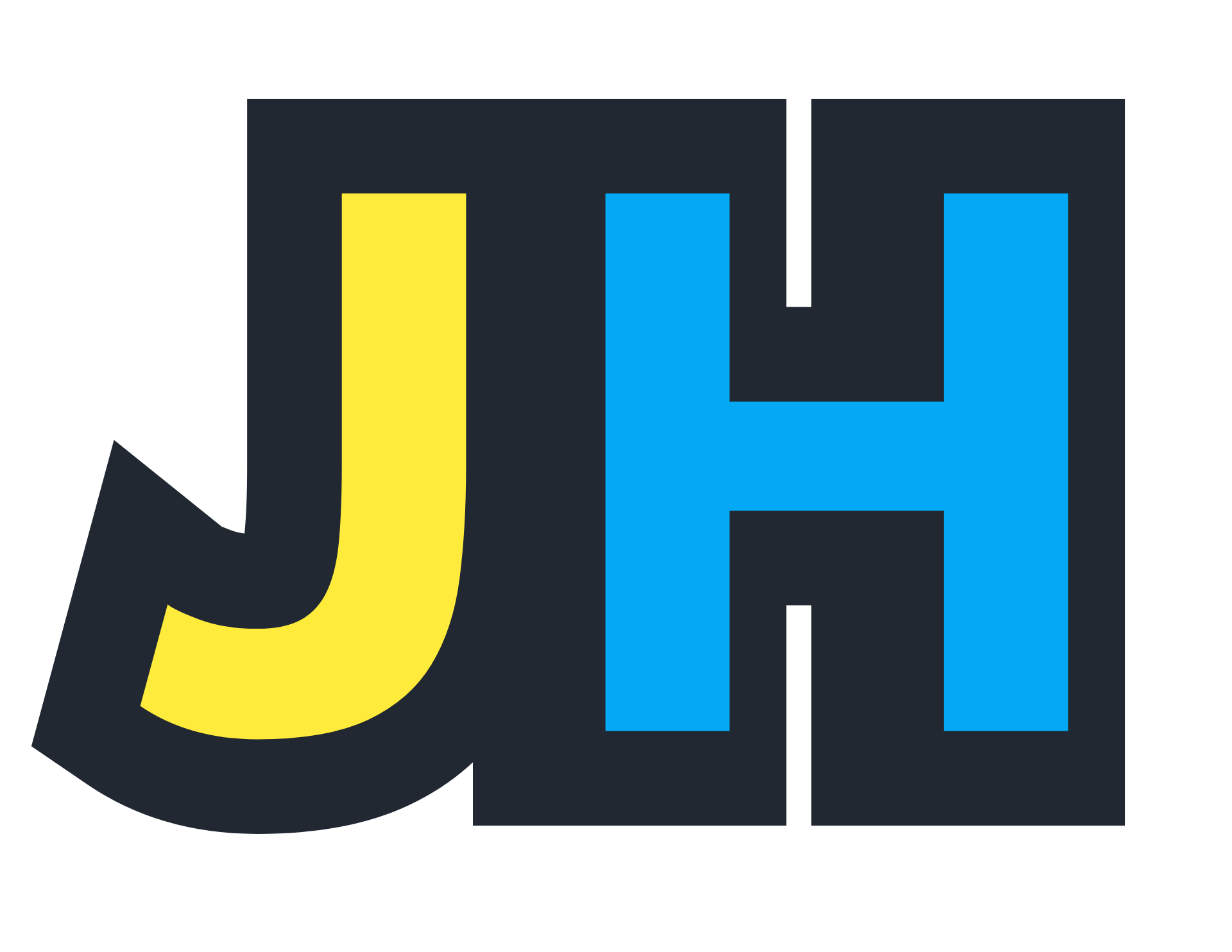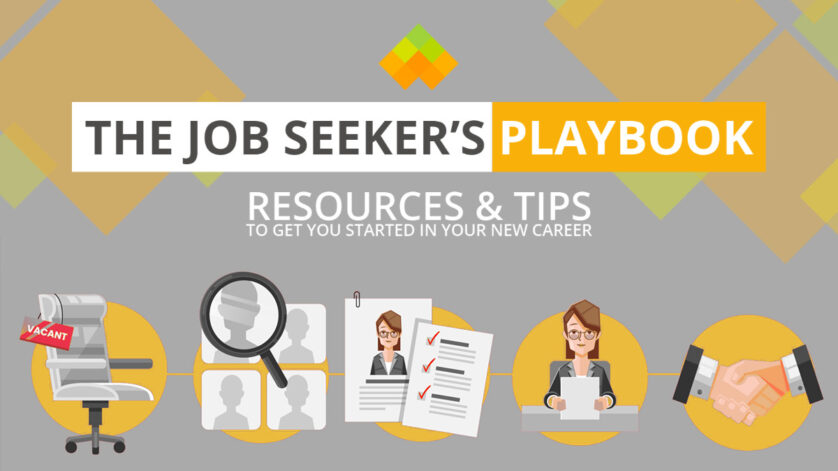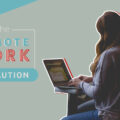When it comes to the ever-changing landscape of employment options, job seekers are confronted with the difficult task of not just finding a job but also securing one that is in line with their talents, interests, and career goals. The route to finding the ideal work needs careful planning, smart thinking, and ongoing self-improvement. This is true regardless of whether you are a recent graduate making your first steps into the professional world or an experienced professional looking for a new challenge. In this all-encompassing book, we will go further into helpful professional ideas and advice, complemented with examples from the real world, with the goal of empowering job seekers in their pursuit of success.
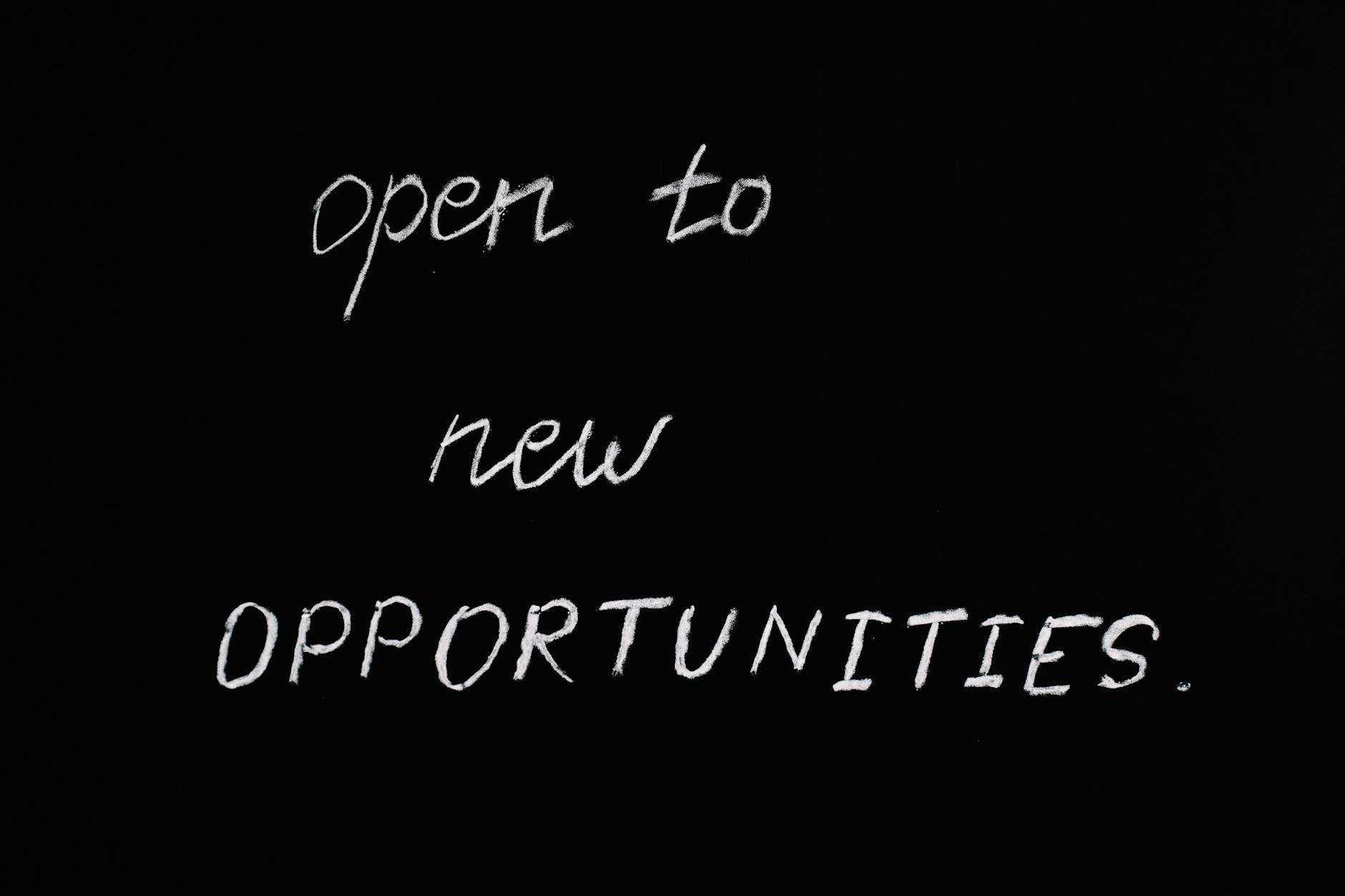
1. Creating an Outstanding Resume Because It Is the Key to Opening Doors to Opportunities
Because your resume acts as a portal to future employment prospects, it is crucial to develop an engaging document that highlights your unique abilities, experiences, and accomplishments. By doing so, you will increase your chances of being hired. Let’s have a look at various techniques that can be used to create an impressive resume, along with some examples borrowed from real life:
a. Tailor Your Resume: When it comes to resumes, there is no such thing as a universally applicable format. When you tailor your resume to each individual job application, you improve the likelihood that the employer will take notice of your qualifications. For instance, if you are looking for a career in marketing, you should highlight experiences that are related to the position, such as managing social media or doing campaign analytics.
b. Utilize Action Verbs: To effectively communicate your achievements, begin each bullet point with a powerful action verb before moving on to the next topic. For example, rather than saying “Responsible for managing a team,” you may add something like, “Led a cross-functional team to exceed project goals by 20%.”
c. Quantify Your Accomplishments: Numbers are more persuasive than words alone. To demonstrate that you have achieved actual outcomes, quantify your accomplishments whenever possible. For example, a phrase such as “Increased sales revenue by thirty percent within six months” presents a more accurate image of your achievements than a statement that is more ambiguous.
d. Write in a Concise Manner: Because recruiters only spend a few seconds every resume, you should make sure that yours is clear and easy to read. In the case of early-career professionals, your resume should be no more than one page, while for experienced candidates, it should be no more than two pages.
e. Proofread: Attention to detail matters. Your resume should be proofread numerous times to verify that it is free of typos and grammatical problems before to submission. You might want to think about using programs such as Grammarly or requesting a buddy to look it over for you.

2. The power of connections: the importance of professional networking and the developing of professional relationships
For the purpose of advancing your career and discovering previously unknown job prospects, networking is frequently considered as one of the most successful methods. It is possible to gain access to new prospects, mentorship, and useful insights by cultivating and maintaining professional contacts at the same time. Take a look at some different networking tactics, each of which is accompanied by a real-world example:
a. Participate in Events and Workshops: Attending industry events, job fairs, and workshops are a wonderful way to network with people working in your sector. For instance, Sarah, a recent college graduate who is interested in working in the technology field, went to a local tech meeting during which she made a connection with a recruiting manager. This manager subsequently referred Sarah to a position that was available at their company.
b. Make Use of Online networks: In this day and age, professional networking networks such as LinkedIn provide a multitude of chances to interact with peers in your business, join groups that are relevant to your field, and demonstrate your experience. John, a seasoned software engineer, positions himself as a thought leader in his area by routinely sharing smart articles and participating in debates on LinkedIn. As a result, he receives job offers from leading businesses.
c. Informational Interviews: Informational interviews offer a priceless chance to broaden your professional network while gaining a deeper understanding of a specific field or position. Contact people who are already working in the field you want to work in and ask them to do informational interviews so that you may acquire insights and guidance. A marketing professional named Maria conducted informational interviews with a number of influential figures in the business. These conversations not only assisted her in acquiring a more in-depth grasp of the area, but they also resulted in job referrals and opportunities for mentoring.
d. When it comes to building and keeping connections, it is necessary to make consistent efforts. After attending informative interviews or networking events, it is important to follow up with a personalized thank-you email or message. In this communication, you should show your appreciation and enthusiasm in maintaining a connection with the person. You can develop your professional contacts and leave an impression that will last a lifetime by following up with thoughtfulness.

3. Enhancing Skills and Continuous Learning: Investing in Yourself
Applicants for jobs in today’s highly competitive labor market are required to demonstrate a commitment to ongoing education and skill development in order to maintain their relevance and competitiveness. Prospective employees who demonstrate initiative and a willingness to learn and develop are highly valued by employers. Let’s have a look at various methods for improving proficiency, illustrated by examples from real-world situations:
a. Courses and certificates Offered Online: Online learning platforms such as Coursera, Udemy, and LinkedIn Learning provide a multitude of courses and certificates that cover a wide variety of subjects, ranging from technical abilities to soft skills. For instance, David, a project manager who is interested in making a transfer into data analytics, registered in an online data science course. This course provided him with the opportunity to acquire the skills necessary to secure a position in the subject that he is most interested in.
b. Participate in Workshops and Seminars: Workshops, seminars, and webinars that are specific to your industry offer opportunity to keep up with the most recent developments and trends in your profession. Emily, a graphic designer, went to a design conference where she gained knowledge about new design tools and processes. As a result, she was able to improve her skill set and increase her credibility as a designer.
c. Seek out a mentor: One of the most important factors in the development and evolution of a career is the presence of a mentor. It is important to locate a mentor inside your business who is able to offer direction, support, and unique insights based on their own experiences. Jason, a new entrepreneur, sought mentorship from an experienced business owner who offered him crucial advise and direction on how to navigate the hurdles that come with beginning a firm.
d. Volunteering or Freelancing: Opportunities to volunteer or freelance provide you with the possibility to gain practical experience and gain the opportunity to apply your abilities in real-world settings. Participating in voluntary work for a charitable organization or working as a freelancer on platforms such as Upwork or Fiverr are examples of experiences that not only improve your skill set but also broaden your network and display your dedication to your profession.

4. Strategies for Job Searching: The Methods That Will Lead to Success
For a job search to be successful, it is necessary to take a strategic approach, combining offline and online tactics in order to make the most of chances and differentiate oneself from the other applicants. Let’s have a look at some different approaches to job searching, backed by some examples from real life:
a. Make Use of Job Search sites: Job search sites such as Indeed, Glassdoor, and Monster compile job listings from as many different sources as possible, making it much simpler to locate possibilities that are pertinent to your interests. It is possible for Mark, a software developer, to stay abreast of the most recent job postings in his industry because he has set up job notifications on Indeed and Glassdoor based on his preferences.
b. Websites of organizations: Before posting job opportunities on job boards, many organizations use their websites to inform potential candidates about available positions. It should become a routine for you to check the career pages of companies that you are interested in on a frequent basis. Because Lisa, a marketing specialist, had bookmarked the career pages of the organizations she was interested in working for and checked them on a daily basis for new job postings, she was able to submit her application ahead of time and beat out the competition.
c. Professional Associations: Becoming a member of a professional association that is unique to your sector grants you access to exclusive job boards and opportunities for expanding your professional network within your field. Not only did Michael, a professional in the field of accounting, become a member of his local CPA association, which not only assisted him in remaining updated about job vacancies but also connected him with other professionals in his business who had similar attitudes and perspectives.
d. Use social media to your advantage: Job seekers can benefit greatly from using social media platforms such as LinkedIn, Twitter, and Facebook and other similar sites. Showcase your knowledge by following firms that you are interested in, interacting with influential people in your sector, and sharing content that is pertinent to your field. After interacting with the CEO of a renowned firm on LinkedIn and giving her ideas on the most recent marketing trends, Jessica, a digital marketer, was presented with the opportunity to secure a position at the agency.

5. Conducting a thorough preparation for the interview: Putting Your Best Foot Forward
Getting yourself ready for interviews is absolutely necessary if you want to leave a long-lasting impression on prospective employers and improve your chances of getting the employment opportunity. In this section, we will discuss some of the most important tactics for interview preparation, backed up by examples from real life:
a. Take the Time to Research the organization: Before the interview, you should make sure to spend sufficient time researching the organization. Get yourself acquainted with the organization’s mission, values, products and services, target audience, and successful accomplishments in recent times. For example, Sarah, who is interested in becoming a marketing manager, did research on the most recent marketing campaigns that a firm has run. She was able to discuss these efforts during her interview, which provided evidence of her genuine interest in the company as well as her comprehension of its brand identity.
b. Practice Common Interview Questions: Although it is impossible to anticipate every question that will be asked of you during an interview, it is possible to improve your ability to communicate your responses with confidence by practicing common interview questions. To organize your responses to behavioral questions, you might make use of the STAR approach, which stands for situation, task, action, and result. When you are asked about a difficult circumstance that you have experienced, for instance, you should provide a specific example, discuss the activities that you did to resolve the situation, and call attention to the positive outcome.
c. Dress Appropriately: Your look and the clothes you wear leave permanent impressions on the people conducting the interview; therefore, you should dress appropriately for the event. Conduct research on the dress code of the organization as well as the conventions of the industry, and strive to dress one step above what is required. Take, for example, the case where the employer has a business casual dress code; if you want to look more put together, you might want to consider wearing a tailored suit.
d. Follow-up: Right after the interview, you should write a personalized thank-you email or note to the person or people who conducted the interview. In this message, you should express your gratitude for the opportunity to interview and reiterate your interest in the position. Take advantage of this opportunity to emphasize a significant issue that was brought up during the interview or to show your excitement about the possibility of contributing to the development of the organization. You can differentiate yourself from other candidates by leaving a positive impression with a follow-up that shows thoughtfulness.

6. Maintaining a Resilient Attitude and Overcoming Obstacles
The process of looking for a job can be laden with difficulties, such as receiving emails of rejection or being unemployed for extended periods of time. Nevertheless, it is of the utmost importance to demonstrate resilience and to keep a good outlook during the entire voyage. The following is a list of tactics that can be utilized to overcome obstacles and maintain resilience:
It is important to recognize that rejection is a natural part of the process of looking for a job and that it should not be taken personally.
a. Approach rejection as an opportunity for learning. Rather than concentrating on the fact that you were rejected, view it as an opportunity to learn and develop. It is important to solicit feedback from interviewers and recruiters in order to find areas in which you may improve and to modify your approach.
b. Keep a Support System: When you are going through difficult circumstances, it is important to surround yourself with a supportive network of friends, family members, mentors, and other people who are also seeking help. These individuals may provide you with encouragement, advice, and emotional support. There is a correlation between sharing your experiences with other people and reducing feelings of isolation and providing helpful perspective.
c. Engage in practises of self-care: It is essential to ensure that you are taking care of your physical, mental, and emotional well-being while you are looking for a job. Put yourself first by engaging in activities that promote self-care, such as going for a run, practicing meditation, going for a walk outside, or engaging in hobbies that bring you pleasure. Your ability to retain a positive outlook and recharge your batteries can be improved by practicing self-compassion and taking pauses, respectively.
d. Establish Realistic Goals: To make your job search goals more understandable, break them down into smaller, more doable activities, and be sure to congratulate your accomplishments along the way. Boosting your self-confidence and determination to keep going forward can be accomplished by setting expectations that are attainable and appreciating even the smallest of achievements.
Empowering Job Seekers to Achieve Success in Their Look for Employment
As a conclusion, the process of selecting the ideal employment is a multi-step procedure that involves careful planning, strategic thinking, and ongoing self-improvement and development. People who are looking for work can put themselves in a position to be successful in today’s highly competitive job market by putting into practice the career ideas and advice highlighted in this article. Job seekers have access to the tools and resources they require to successfully walk the path to success. These tools and resources support them in a variety of ways, including the development of skills, the strategic approach to the job search, the preparation for interviews, and the ability to remain resilient in the face of adversity.
Never forget that tenacity, resilience, and adaptability are often necessary for success in the path of job searching. It is possible for job seekers to improve their chances of finding satisfying work possibilities that are in line with their individual abilities, interests, and career goals by making use of the ideas and examples that are included in this guide.
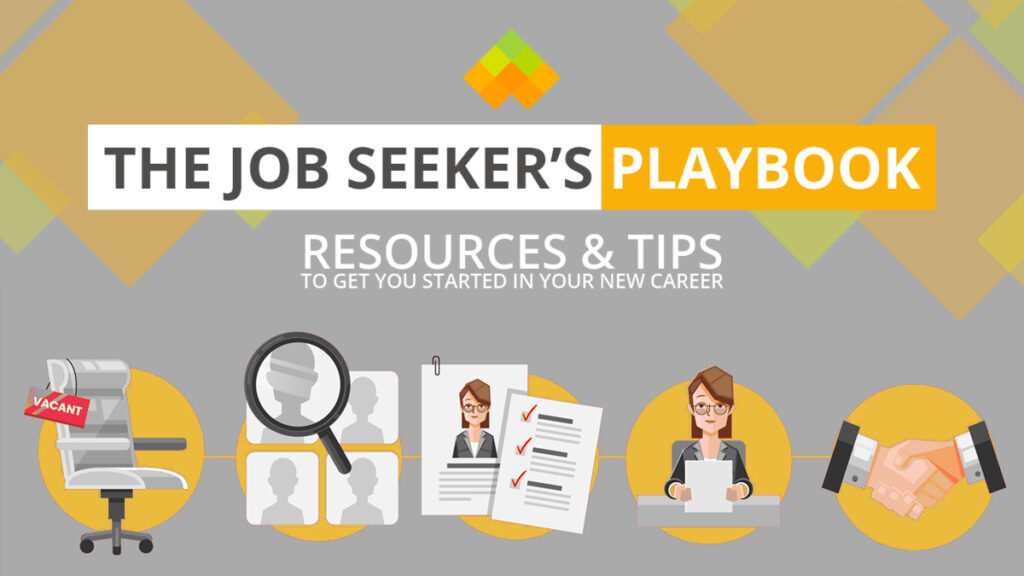
References/Sources:
- Article from Forbes titled “10 Tips for Job Seekers in 2024”
- https://hbr.org/2022/02/how-to-network-in-todays-virtual-world is the source for the article “How to Network in Today’s Virtual World” that was published in the Harvard Business Review.
- It is possible to access LinkedIn Learning at https://www.linkedin.com/learning/.
- The Muse provides the following “5 Steps to Mastering Your Job Search in 2024”
- According to Career Contessa, “How to Prepare for Your Job Interview: The Ultimate Guide” is the best publication available.
- This website is JOBS-HUB.ORG.
JOIN OUR TALENT NETWORK
Don’t see a fit at this time?
Don’t worry. Join our Talent Network and get notified about the latest opportunities. Join Now
Follow JOBS-HUB.ORG channel on WhatsApp: JOIN NOW!
